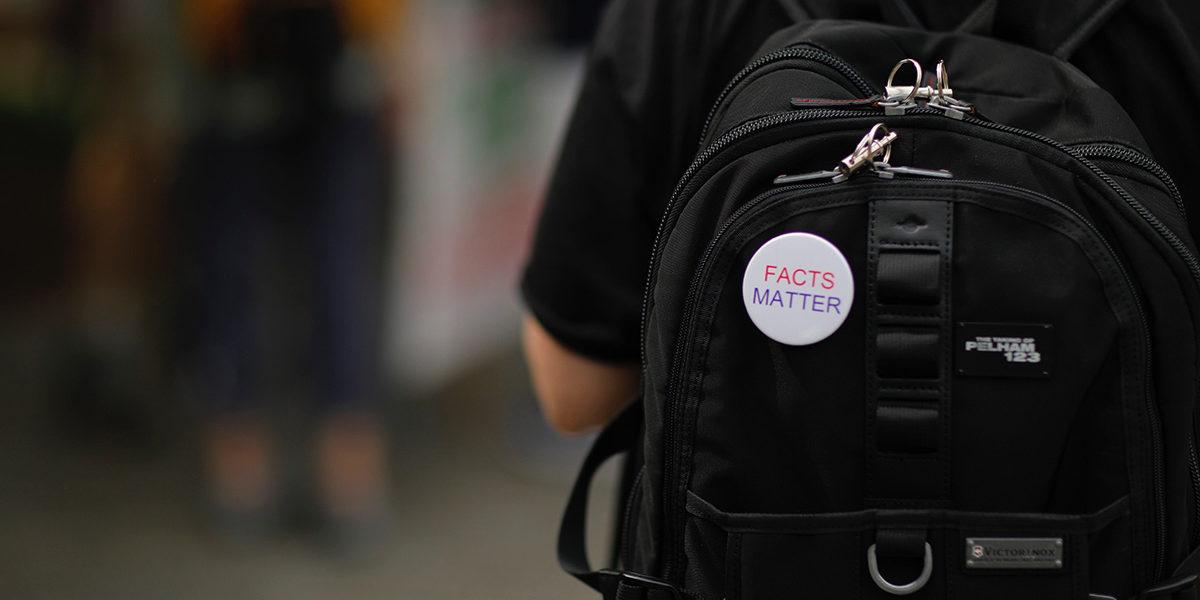Whether you are in recovery from addiction in New Hampshire or somewhere else, you’ve seen the meme. “If Narcan is free for drug addicts, why isn’t chemotherapy free for cancer patients?”
Wrapped up in this seemingly harmless little question is a Pandora’s Box of stigma, bias, and ignorance, jeopardizing any attempt by recovery advocates to eradicate these shame-perpetuating influences on our view of substance use disorder (SUD). So let’s clear things up.
First, we should differentiate between life-saving medications and measures, vs. treatment for a chronic and/or potentially terminal illness.
Narcan, which is one of the brand names for naloxone, serves one purpose: to reverse an opioid overdose. Doctors prescribe opioids such as oxycodone and hydrocodone because they are highly effective pain killers that adhere to the brain’s natural opioid receptors, sending signals that block pain, slow breathing, and calm the body. (Whether the opioid is prescribed or illicit, such as heroin, its effect on the brain is the same.) However, during an overdose, the lethal dose of opioid molecules signals the lungs to not just slow down respiration, but to stop it altogether.
Whether administered nasally or via injection, naloxone displaces opioid molecules from the brain’s opioid receptors, reversing the effects of the overdose. It may take multiple doses of naloxone to revive someone, but if found in time, he will resume breathing. Medical first responders as well as lay people are able to administer naloxone. But it is by no means a treatment for SUD. It simply allows that patient to breathe again, giving her a chance to seek treatment for her disorder.
Narcan is not solely used on those with SUD. Did you know it would also be used to save the life of an elderly woman recovering from hip surgery, who accidentally ingested too much of her pain medication? Or a toddler who curiously swallowed a few pain pills that his parent left unsecured? It does not matter why or how you consumed the opioid. It only matters that you overdosed, and need resuscitation that naloxone can provide.
We can compare the administration of New Hampshire Narcan to the use of an automated external defibrillator (AED). An AED is a portable medical device that delivers an electric shock to the heart to stop an irregular heartbeat, and allows the heart to return to a normal rhythm after cardiac arrest. As with Narcan, a medical professional or trained layperson is able to use an AED to resuscitate someone in cardiac arrest. But this is not treatment for heart disease. It’s a life-saving measure that gives someone a chance to seek medical treatment for her disease.
Second, Narcan is not free. Depending on your insurance, you may be able to obtain Narcan at your pharmacy at no copayment. Although you are not taking money out of your wallet to cover the cost, someone is. In this case, your insurance provider. You may also obtain Narcan at no charge from various public health advocacy groups, who are able to offer this medication thanks to the receipt of a grant from a private foundation or publicly-funded organization. First responders who use Narcan include the charge on their bill to the patient or her insurance. In any case, someone is covering the cost.
Chemotherapy is a form of cancer treatment. It is not used to revive a cancer patient if he stops breathing, or if his heart fails. It is typically administered long-term, over the course of several weeks or even years, to expunge the disease from his body. And yes, it is enormously expensive. Just as treatment for SUD and heart disease is enormously expensive.
The high cost, and in many cases, prohibitively high cost of necessary medications for countless illnesses is a topic that warrants discussion and investigation. Our healthcare system should never force someone to choose between medications and other necessities, as it currently does.
But why are we ranking the importance of medical disorders? Cancer, heart disease, and SUD are among many medical conditions that can cause grief, physical and emotional suffering, and financial devastation. Spreading untruths and shaming those who are sick serve no helpful purpose. In the words of Nathan Monk, “Other struggling people aren’t the enemy.”
If you are interested in learning more, contact our New Hampshire drug rehab today!
Carol Anderson/Contributor



